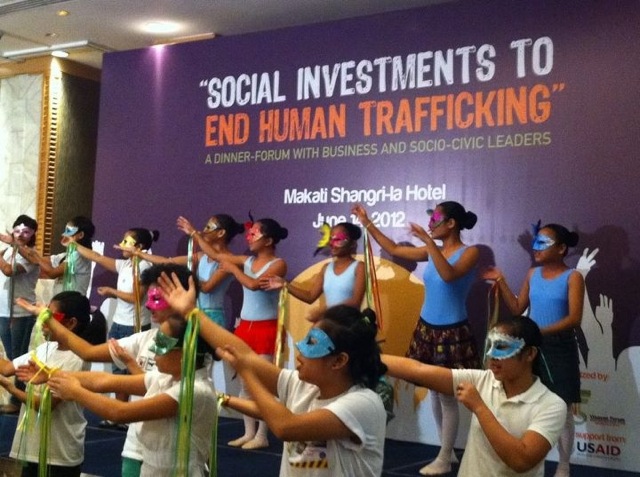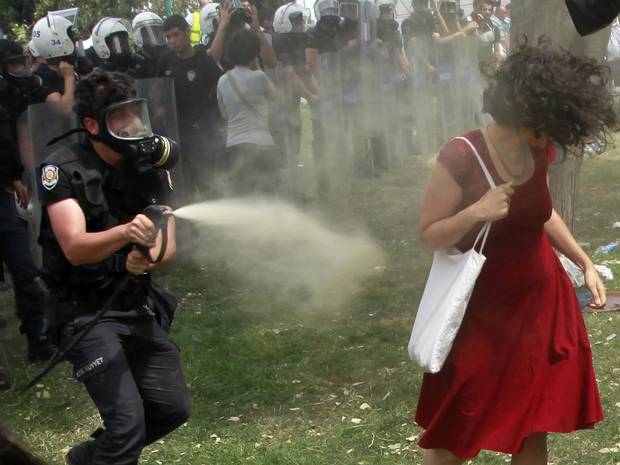In Canada, we have reached an era in which we are continually reminding each other that women are never responsible for acts of sexual violence committed against them. For too long, young women and girls were told to refrain from acting and dressing certain ways in order to protect themselves.
In Toronto, these unsavoury lectures from police were the impetus for the annual slut walks that have spread across the continent. Slut walks are rooted in the argument that rape and sexual assault are not about what women wear or do, but the choice of someone to assault.
The notion that women should feel shame after being sexually assaulted is incredibly unjust, and carries profound consequences. Furthermore, the idea that a woman’s value is inherently tied to her sexuality creates an environment in which assaulted women are forced to bear the consequences of the aggressions forever. If a woman is viewed as shamed after being raped, it gives rape the power of being the ultimate violation.
The first of this two part series will explore how the culture of shame contributes to the impetus for rape and sexual assault, and violates the physical security of women. The second part will discuss that due to this shame, women are subjected to further structural violence and human security constraints.
The perception that sexuality is tied to a woman’s worth creates a culture which makes raping someone a powerful tool.
Indian attorney AP Singh was a defense attorney in the high-profile Delhi gang rape case that was covered in the film India’s Daughter. The victim was gang raped by several men and assaulted with a foreign object that resulted in fatal injuries. The rapists blamed the victim, who was on her way home from a movie theatre with a male friend, for acting inappropriately and soliciting the rape. One of the rapists stated that “a decent girl won’t roam around at nine o’clock at night. A girl is far more responsible for rape than a boy.”
Rape, then, was used as a mechanism to punish a woman for acting inappropriately. Singh declared in a televised interview that “If my daughter or sister engaged in pre-marital activities and disgraced herself and allowed herself to lose face and character by doing such things, I would most certainly take this sort of sister or daughter to my farmhouse, and in front of my entire family, I would put petrol on her and set her alight.”
Amnesty International released a report citing that rape is a deliberate military strategy. Rape is used to perpetuate social control, punish, humiliate, and terrorize. The Amnesty report suggests that since a woman’s sexuality represents “honour”, sexually violating a woman is seen as assaulting the honour and integrity of the entire community. According to the report, hundreds of thousands of women have been raped during conflict situations in recent years. Women also bear the weight of the majority of war’s “collateral damage”, including killing and maiming. Genital mutilation of women from opposing sides, as well as the destruction of fetuses, has been a common practice to destroy the “carrier” of enemies.
When sexual assault not only violates the victim, but shames her and destroys her honour, it carries a symbolic message far beyond the actual act of rape, or sexual gratification, itself. Women are “punished” with sexual violence in both conflict and non-conflict situations.
NATO advocates the adoption of United Nations Security Council Resolution (UNSCR) 1325 to address many gender-based structural inequalities and security violations. UNHCR 1325 is an overarching global tool to address women and security, including both their protection from gender-based violence and their participation in the promotion of international peace. Its execution and adoption is supported by NATO as well as a wealth of international organizations. Despite this, women continue to face considerable gender-based physical and social security concerns. The inferior treatment of women and the violation of their security are symptoms of the way they are understood and valued.
There is much work to be done to de-stigmatize and remove victim blaming in sexual assault. Further to the point of this article, even when women are not blamed for the assault, in many countries, they still carry the stigmas of being “dishonoured”, both in conflict situations as well as outside of them. As long as woman’s honour continues to be tied to her sexuality, rapists and perpetuators of sexual violence are given the capability to destroy that honour. In conflict situations, that capability becomes an incentive and opportunity to shame the enemy. If assailants are given the power to destroy women, women will continue to face distressing physical security concerns.
Photo: Unnamed (2016), by Worthy of Elegance via StockSnap.io. Licensed under CC0 1.0.
Disclaimer: Any views or opinions expressed in articles are solely those of the authors and do not necessarily represent the views of the NATO Association of Canada.



